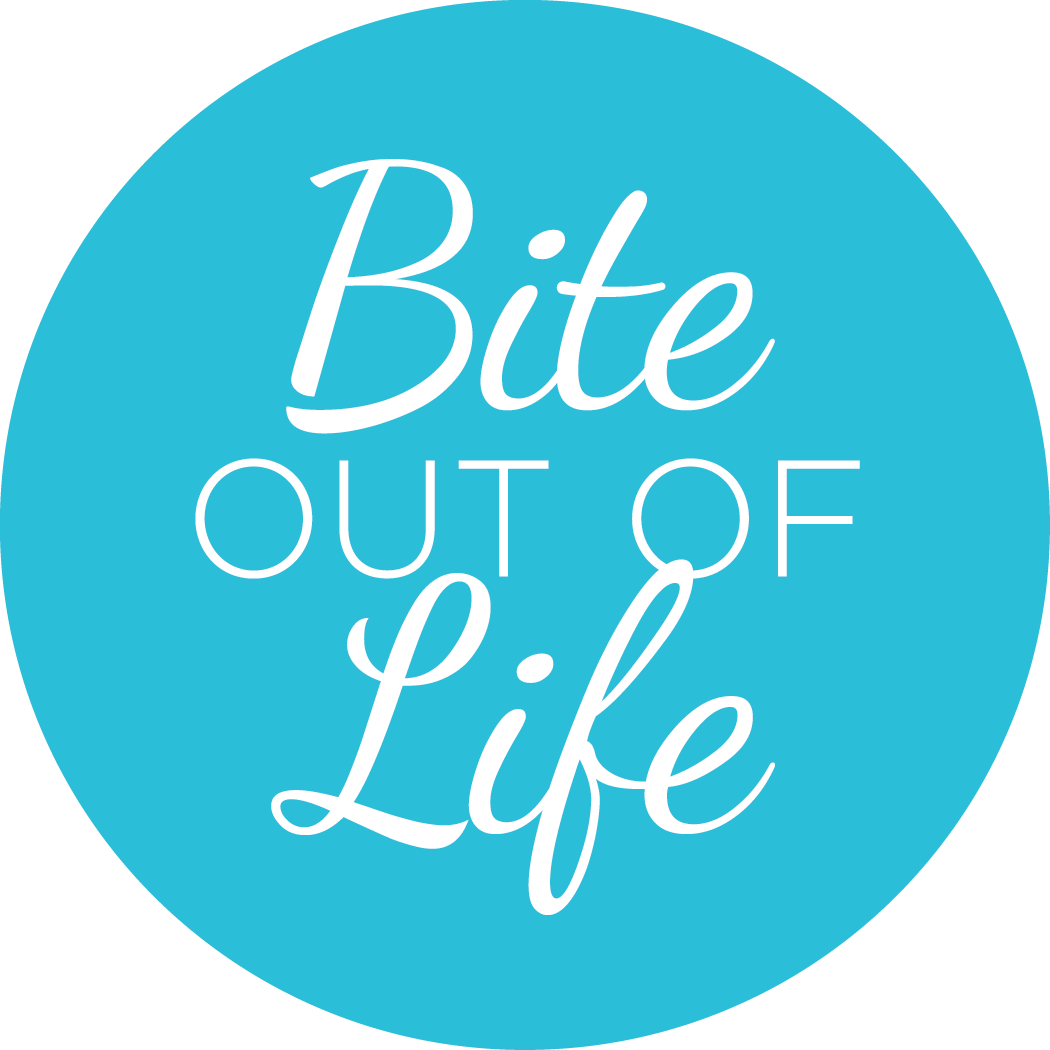
Does this sound familiar?
You set some audacious, but doable goals at New Year and have been making changes in your diet and your lifestyle since then. It’s been going pretty well – but all of a sudden it’s the season of hanging at the dock, cocktail in hand, meeting up for spontaneous social events, kicking back instead of kicking it at the gym and ice cream. Always ice cream.
So many of my clients find the slide into summer means a slide back into those habits that they have worked so hard to shift over the last few months. And once the slide starts, it’s hard to put the brakes on before it becomes an avalanche of extra pounds.
Now is the time to get laser-focused on how you are going to get through the next 10-12 weeks without undoing all your commitment and progress.
Here are some tips to help you focus. But as always, if you need more info or accountability, I’m here for you.
6 Strategic Steps to Summer Success
1. Know your WHY: go deeper than ‘lose weight’ or ‘get more fit’. Get crystal clear on the driving force – the emotion – the pain point – that is burdening you. Knowing this and being committed to letting it go will carry you through challenging days and situations.
Take a moment and write it down – with pen and paper – because the human brain seems to translate the concept of actually writing something down into a more memorable concept than tapping it into your smart phone.
2. Understand your priorities and non-negotiables – and what the consequences of those are. These may be aligned or they may be in conflict. But either way, being crystal clear on what you are willing to give up and where you are going to invest your time will form the foundation of your strategy.
For example – if a non-negotiable is having a glass of wine Friday night with your spouse or with friends – that’s ok. What’s not ok, if you want to live a healthier life and reach your weight or fitness goal, is to have as many glasses of wine as you want any night of the week.
Go ahead and have them (you’re a grown-up) but get real and just know that what that says is that your health is not a priority.
3. Plan ahead, leaving nothing to chance. Taking an ad hoc approach or intending to ‘make it up later’ when it comes to food choices or exercise never works.
Plan your day, write it down, know what you are doing and what eating/drinking occasions there are going to be and decide/write down what you are going to eat/drink before you do it. This includes social situations. Look at the menus online before going (or better yet, before agreeing to go) and determine if the choices fit with your day. Or suggest a different place.
When going to someone’s home, don’t be shy. Ask what they plan to serve and suggest that you bring something complimentary – that you know you will be able to fill up on or eat in place of if the meal is over the top. Wouldn’t you do that if you had an allergy? So what’s the difference now?
Refer to your plan during the day and check off what you’ve eaten as you eat it. When everything is checked off – you are done. Sometimes it really is mind over matter. And when we stop deceiving ourselves that “one bite” or “just this one time” or “I deserve it” is a valid reason to deviate from our plans, we serve ourselves and our goals much better.
4. Follow a nutrition plan which includes portion control. Focus on protein (3 servings), vegetables (unlimited, but at least 6 servings), fruits (1-2 servings) and beneficial fats (2-3 servings). Add grains or other whole grain carbohydrates 3-4 times a week.
If you want dessert or alcohol, choose them no more than 2 times a week and never on the same day.
Weigh and measure everything for at least 30 days so you become innately familiar with what a serving size looks like on your plate or in a glass. Do not eyeball – your eyes will tell you what you what to see.
Always drink at least 2 litres of pure filtered water or unsweetened herbal/green tea or homemade bone broth daily for proper hydration.
In terms of hunger: strive to eat to 80-90% satisfaction only. This will take some mindful focus on your eating habits to learn where your satisfaction level is.
5. Get and stay active. Current thought is that 150 -180 minutes a week is about the right amount – and that shorter, more frequent expenditures of energy are better than trying to be a Weekend Warrior and play 8 hours of beach volleyball once a week.
Do some moderate exercise 7 days a week for at least 30 minutes. Moderate means different things to different people depending on your fitness level – you should feel some effort, so not a meandering dog walk. However, walking briskly is still good and if you strive for at least 15,000 – 18,000 steps per day, you’ll still benefit a great deal.
2-3 times a week, hit exercise hard where you really break a sweat and are working on building strength and endurance. Whatever you choose to do – run, play sports, swim, do a sweaty yoga class or mow several acres of lawn – it’s all good.
6. Be consistent! On-again, off-again frenetic focus does not achieve the same results as small consistent everyday effort. Make no distinction between weekends and weekdays, vacations or workdays. Making planning a routine part of your day, not an extra ‘to do’. Return to your WHY whenever you need to remain on point.
Your goal is to:
- understand WHY you want to make changes
- plan your life
- feed your body what it needs – and only what it needs
- keep moving.
Bonus point: Keep it simple. Truly, summer is short in most of Canada, so there is no point in ruining this sweet season obsessing about any of the above points. But being mindful and thoughtful is vastly different than being obsessive. You can make good, positive, health-promoting decisions 80 percent of the time, and enjoy those “docktails” 20% of the time and still hit Labour Day feeling good.
Happy summer!
Healthfully yours,
